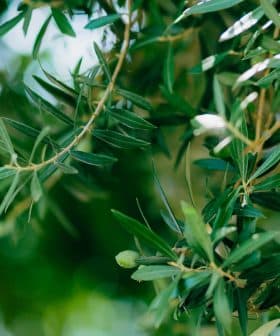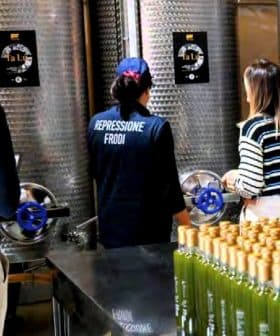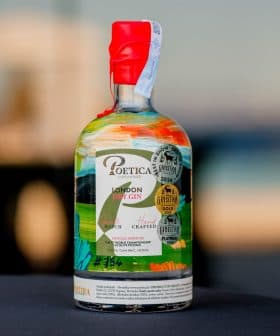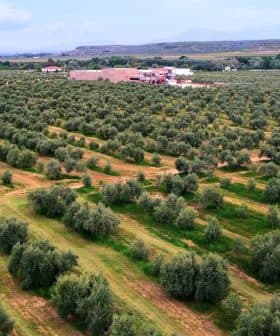Xylella Spreads Beyond Buffer Zones in Puglia
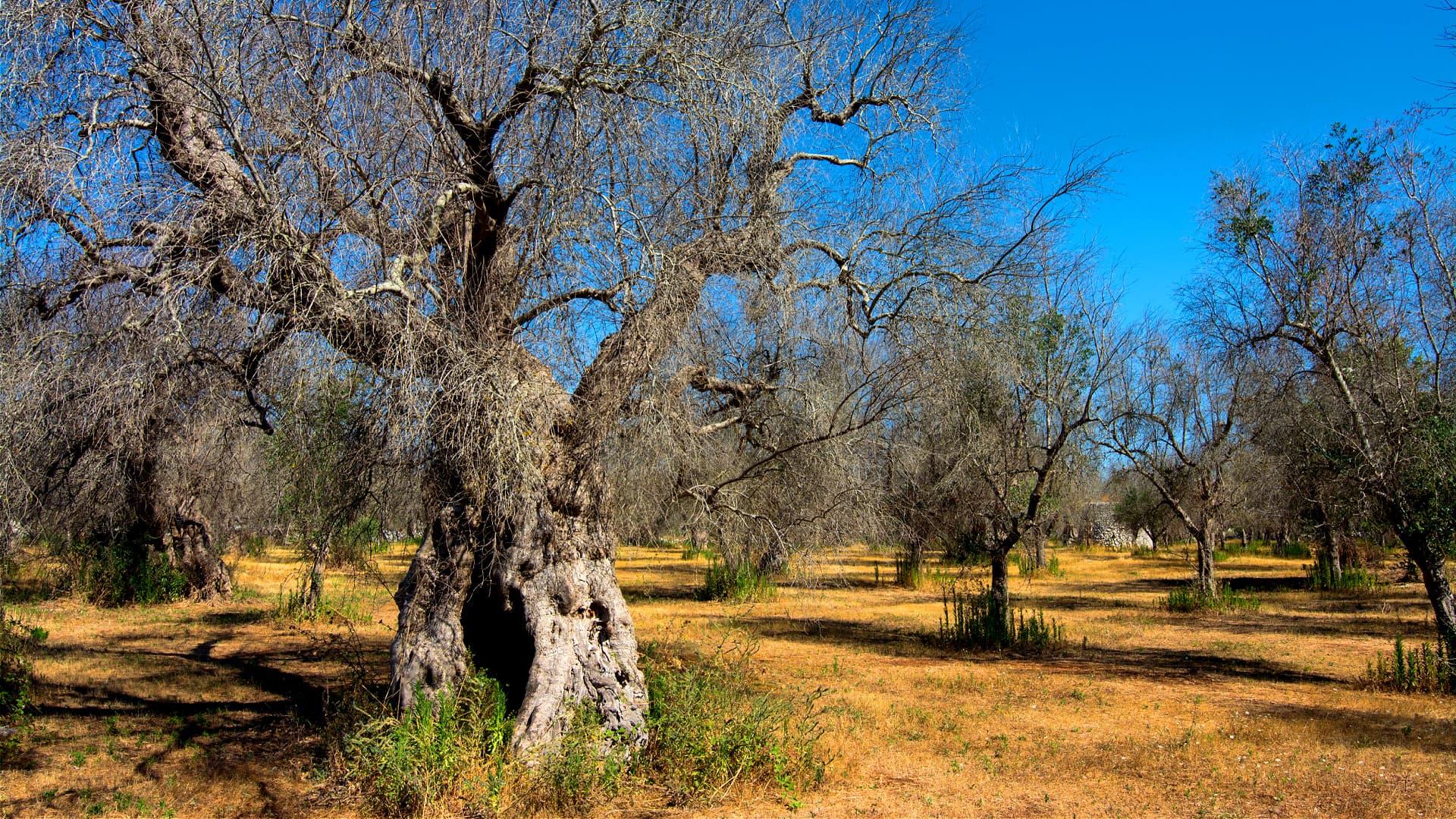
The spread of Xylella fastidiosa in Puglia has slowed but not stopped, with 19 olive trees near Polignano a Mare recently infected. Researchers have developed a new bio-sensor device that can quickly and accurately detect Xylella infection in olive trees, potentially aiding in early intervention and monitoring efforts.
The spread of Xylella fastidiosa in Puglia, the southern Italian region, has slowed but not stopped. Signs of the infection have been found in a few olive trees located in an area previously considered safe.
The results of the latest monitoring operations show that the deadly olive tree pathogen has infected 19 olive trees near Polignano a Mare, a coastal town not far from Bari, the regional capital.
The newly infected trees are only a few hundred meters from one of their so-called buffer zone — the carefully monitored radius around the infected plants.
Local authorities monitoring the spread of Xylella fastidiosa said they found another infected tree near Castellana Grotte, approximately 15 kilometers south of Polignano. The tree still falls within the local buffer zone, but it is only five meters away from its outer border.
See Also:Lithuanian Firm Seeks Patent for Drug to Prevent XylellaThe constant monitoring of Xylella fastidiosa has allowed authorities to track its spread in the last few years, making it possible to allocate resources effectively to the most vulnerable locations.
Tracking also has permitted authorities to gauge the efficiency of the many procedures enacted to limit the population of the main vector insects, which are mainly responsible for spreading the deadly bacteria.
Along with olive trees, Xylella fastidiosa infects about 300 other plant species adding to the complexity of maintaining effective infection and buffer zones.
Local experts said the discovery of the newly-infected trees demonstrates the need for more comprehensive and rapid monitoring.
“The early detection of the bacteria and the containment measures adopted throughout the region seem to have slowed down the spread,” said Donato Boscia, head of the Apulian Institute for the Sustainable Protection of Plants at the National Research Council (CNR-Ipsp), who was among the first scientists to focus on Xylella fastidiosa in Italy.
“What we need are quick and reliable tools to diagnose and intervene early as a way to stop the epidemic for which there is currently no treatment capable of bringing the infected plants back to a normal state,” he added.
To this end, researchers said they had developed a new detection technology capable of making monitoring operations faster and more cost-efficient.
The researchers from the CNR-Ipsp, the University of Bari’s photonics and nanotechnology institute and Agritest have devised what they describe as a “bio-sensor.”
“It is an electronic device that sits in the palm of your hand and can be connected via Bluetooth to a smart device,” Eleonora Macchia, a researcher at the University of Bari and co-author of the study, told Olive Oil Times.
“It is capable of analyzing very small quantities of olive juice, just above 100 microliters,” she added. “The analysis can tell with 99 percent accuracy if even just one Xylella bacterium is found in the olive tree fluid sample.”
See Also:France Unlikely to Eradicate Xylella, Report FindsThe prototype takes about 30 minutes to run the test in the field, far less than the two to three hours that the current quantitative polymerase chain reaction (qPCR) method requires in the lab.
Its creators said the new device would considerably cut the costs and time needed to test an olive tree. “Costs are significantly reduced as the electronic platforms are affordable, and even the consumption of reagents is reduced to the minimum,” Macchia said.
According to the researchers, who published their findings in Advanced Science, the prototype also can detect Xylella fastidiosa infections in asymptomatic plants.
“That gives us a considerable advantage as it moves the diagnosis to an earlier stage, where preventive medicine can be applied,” Macchia said.
Its reliability and other qualities might enable authorities to extend their monitoring operations. “That is one of the first goals, as it could be used to screen large numbers with a minimally invasive method and at a low cost,” she said.
However, Macchia warned that monitoring teams would need some time to adopt the device. “We are working on that as fast as we can; we hope this prototype will make a difference in the coming years,” she added.
Local authorities are currently trying to support struggling growers by deploying public funds to alleviate the economic fallout of Xyella fastidiosa’s spread.
In mid-October, Donato Pentassuglia, Puglia’s agricultural secretary, confirmed that new funds would be available for olive growers in the Lecce and Brindisi provinces and several other municipalities in Taranto by the end of the year. Some of the potential recipients had lamented the slow bureaucratic process.
The support is partial compensation for the losses accumulated between 2018 and 2019 and will go to growers whose production volumes have dropped more than 30 percent because of the infection.
Approximately 500 companies in the olive oil production chain have received compensation for only €4 million against the €51.5 million currently available.




